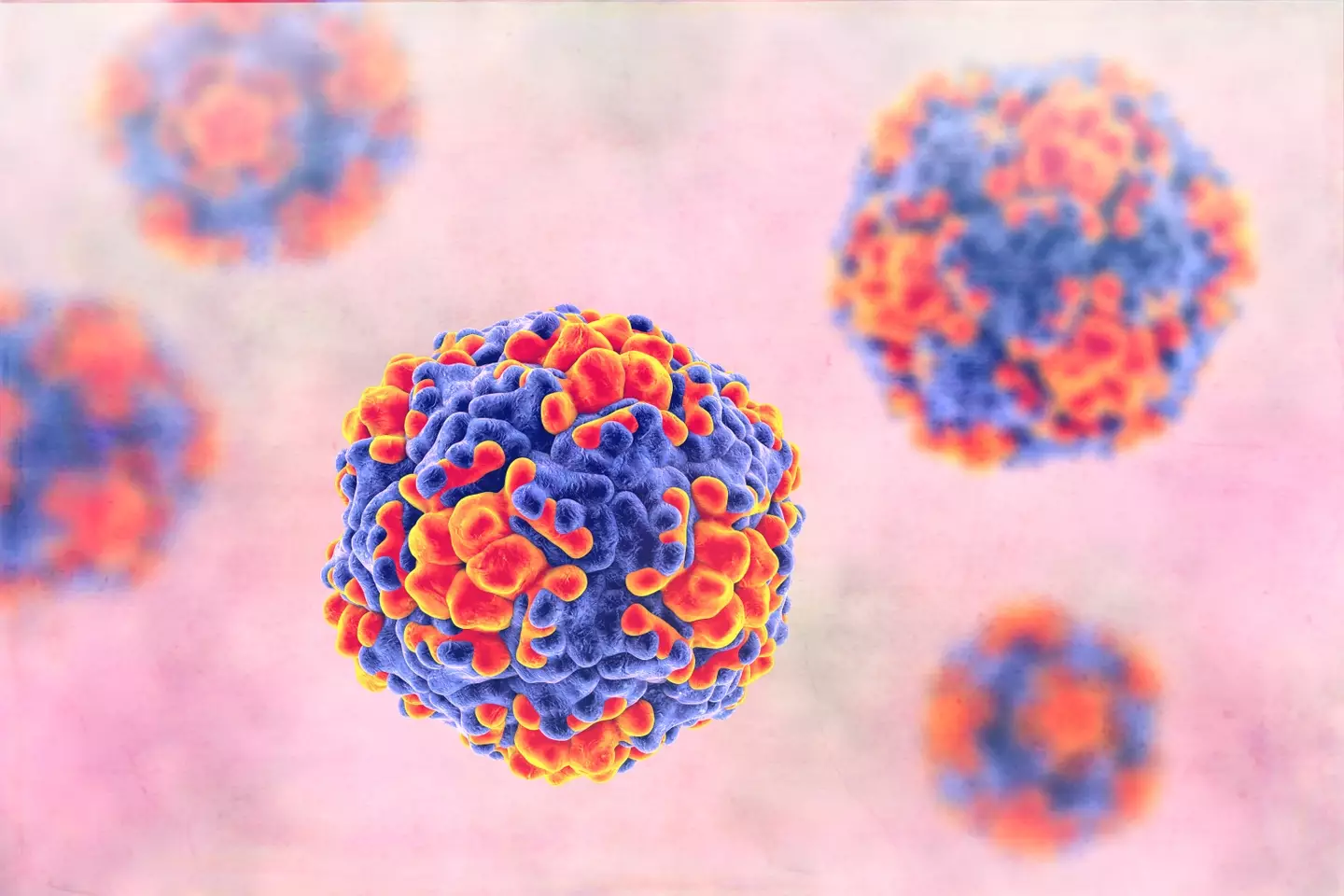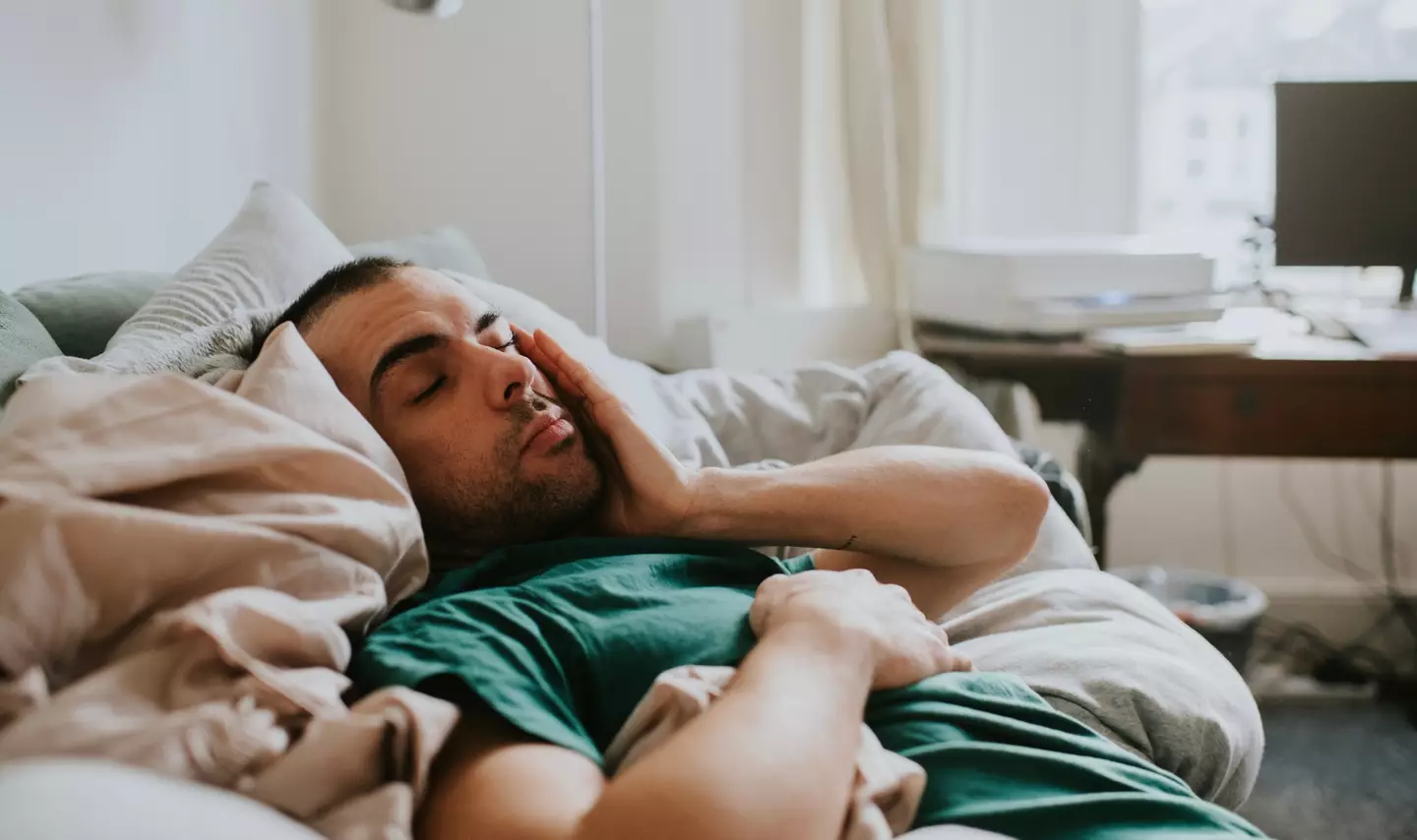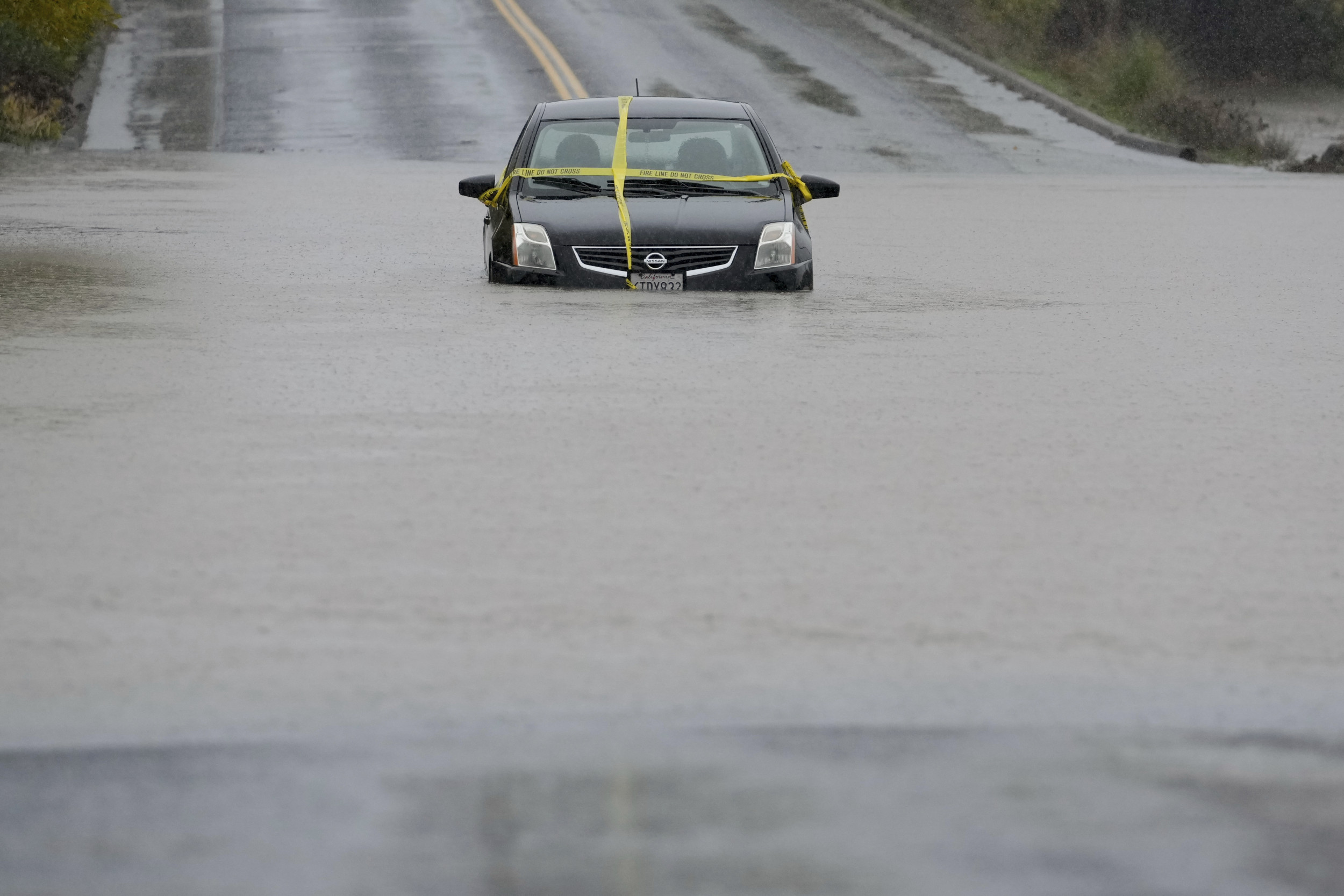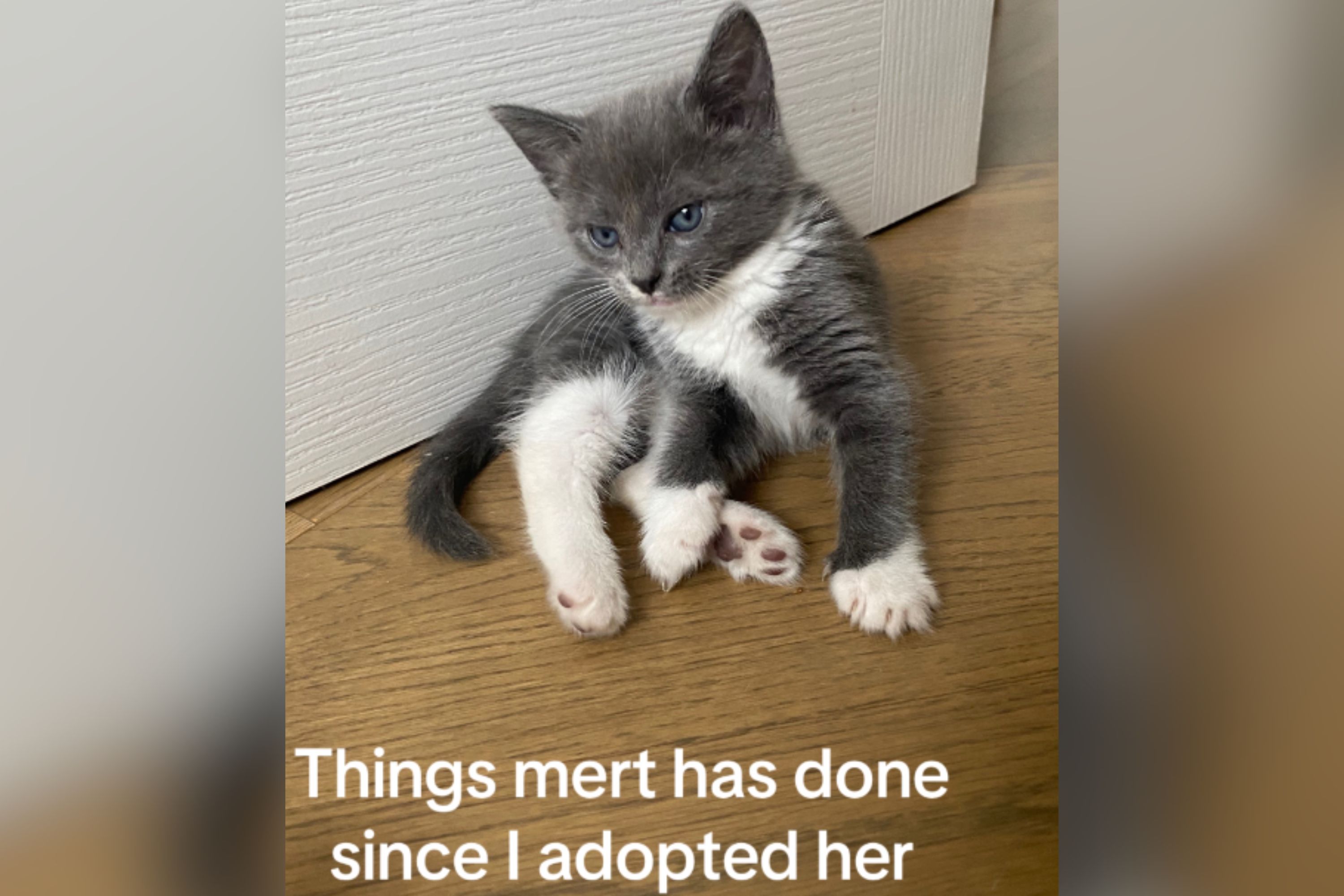The number of norovirus cases in the UK is continuing to surge as a new variant of the winter vomiting bug has began to spread.
Brits were warned at the beginning of last month that infections were 'higher than expected' and things have only continued to go downhill since then.
As a result, health chiefs are now urging people to isolate at home for five days if they end up on the receiving end of the dangerous new 'Kawasaki' bug that's in circulation.
The variant - which is named after the Japanese city where it was first detected - currently accounts for 70% of all cases, according to the UK Health Security Agency (UKHSA).
In the last two weeks of October, there was a 16 percent rise in infections in comparison to the fortnight before as 447 cases of it were recorded, according to The Mirror.
However, these figures only refer to cases which have been confirmed in a lab, suggesting there could be many more people who have contracted Kawasaki but haven't been tested.

The Kawasaki variant is responsible for 70% of all norovirus cases at the moment (Getty Stock Photo)
The number of hospital admissions for patients with the highly contagious norovirus have also skyrocketed and currently sit 26 percent above the five-year average, The Mirror further reports.
A spokesman for the UKHSA said: "The increase of the variant has been observed in other countries and is being closely monitored."
According to the NHS, norovirus causes vomiting and diarrhoea, along with a possible high temperature and headache.
The symptoms typically start quite suddenly within 1 to 2 days of being infected - but the good news is, it should usually only last for around 48 hours.
You can treat yourself at home for the bug, with medics advising sufferers to drink lots of fluids and rest.
Norovirus is spread through close contact with someone who is infected, touching surfaces or objects that have been contaminated with the virus, or eating food which has been handled by someone who has it.
The NHS say washing your hands frequently and thoroughly with soap and water is the best way to stop the spread, as alcohol-based hand gels do not kill norovirus.
Gauri Godbole, deputy director of gastrointestinal infections at the UKHSA, explained what you should do if you think you may have been struck down by the bug.

Brits have been urged to stay home for five days to stop the spread if they contract it (Getty Stock Photo)
"If you have diarrhoea and vomiting, do not return to work, school or nursery until 48 hours after your symptoms have stopped and don't prepare food for others in that time either," she said.
"If you are unwell, avoid visiting people in hospitals and care homes to prevent passing on the infection in these settings.
"People who fall ill with norovirus are advised to rest, get plenty of fluids and take paracetamol. Norovirus is a highly contagious virus that causes gastroenteritis, an inflammation of the stomach and intestines.
"It's sometimes referred to as the 'stomach flu' although it's not related to the influenza virus. Norovirus is the leading cause of foodborne illness and outbreaks of gastrointestinal illness worldwide, especially in places like hospitals, cruise ships, schools, and nursing homes, where people are in close quarters."
Since the illness can last up to 3 days, it is recommended for Brits to stay home for five days in total just to be on the safe side.




















 English (US) ·
English (US) ·